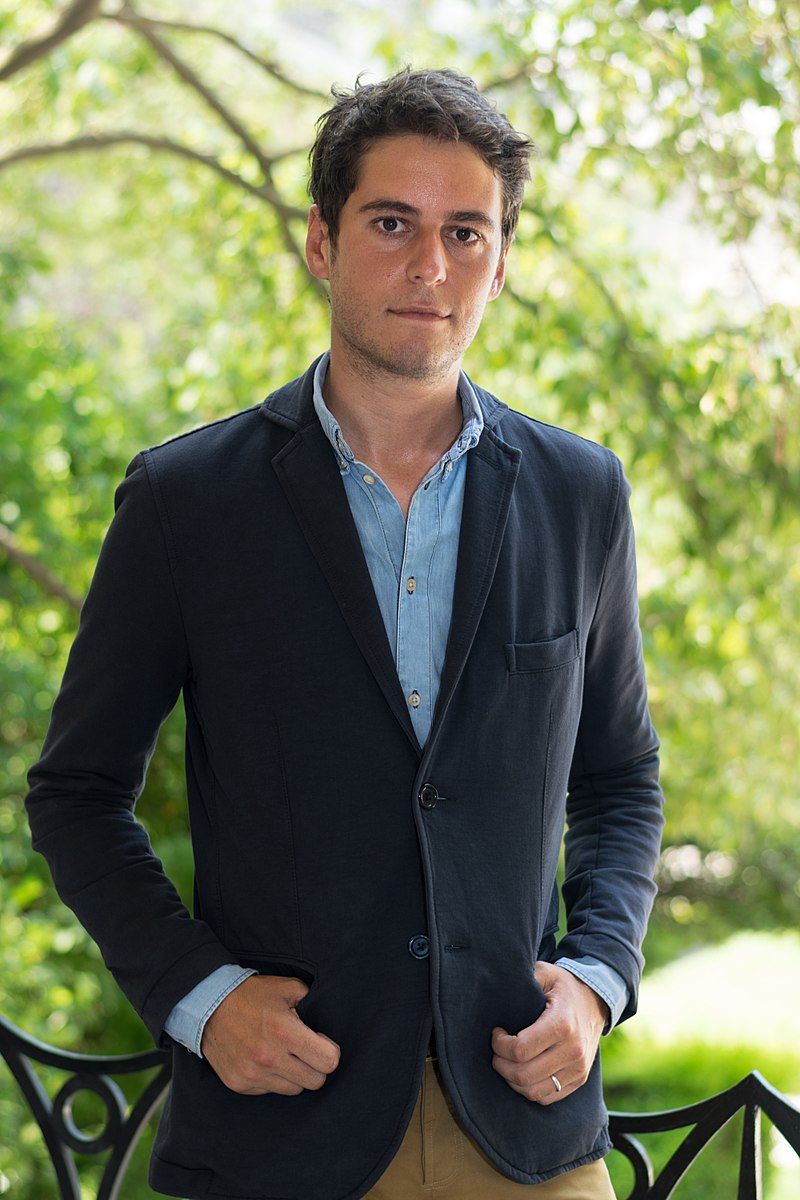Borne from Macron, Gabriel Attal’s accension.

Photo of Gabriel Attal in Paris in 2017
Jacob Sagers – French President Emmanuel Macron’s sudden replacement of his Prime Minister Élisabeth Borne last week with the country’s now youngest ever Prime Minister, Gabriel Attal, has rattled French and international headlines. Cabinet reshuffles are not uncommon in French politics, yet Borne’s forced removal is not a common situation. Macron’s second term is hampered by low public approval, controversial reforms, and a rightward shift. To revamp his administration’s popularity before the European Parliament elections and the Paris Olympics next year, Macron turned to Attal.
The move was sudden yet tactful and will have a lasting impact. As Macron tries to modify France’s national identity – or the way people view themselves and their attachment to their country – before the end of his term, Mr. Attal could hold a vital role. Long regarded as Macron’s protégé and ally, Gabriel Attal previously held roles in Macron’s governments, including as the education minister. To maintain the French principles of laïcité, he has implemented Macron’s secularist policies in public schools, including banning the abaya, clothing used by female Muslim students. Despite this controversial measure, he still holds: “an approval rating of just 40 percent,” still the highest for any politician in France. Furthermore, he represents a future for Marconism, a progressive, pro-business, and pro-European ideology, spearheaded by Macron during his election to the French presidency and an ideology that could permanently alter French identity. The appointment also makes Attal a potential frontrunner for Macron’s successor at the end of his second term in 2027.
Attal’s appointment also has implications for French national identity through non-state actors or social movements and groups not associated with a government. Attal is France’s youngest prime minister and appeals to France’s youth. He is also the first openly gay prime minister and attracts support from France’s LGBTQ+ community. His appointment could draw support from these two interest groups and assist Macron’s agenda. Gabriel Attal represents a typically younger and more socially progressive cohort that is not well represented in the French government. However, as they age, they will define France in the coming years. Attal’s appointment could shape France’s future through the endurance of Macron’s policies and socially progressive ideals by engaging youth and their current approval. Nevertheless, whether Attal’s appointment has these long-lasting effects depends on his tenure as French Prime Minister.
Picture Credit: Photo distributed under Creative Commons Attribution-Share Alike 4.0 International License. Source.

